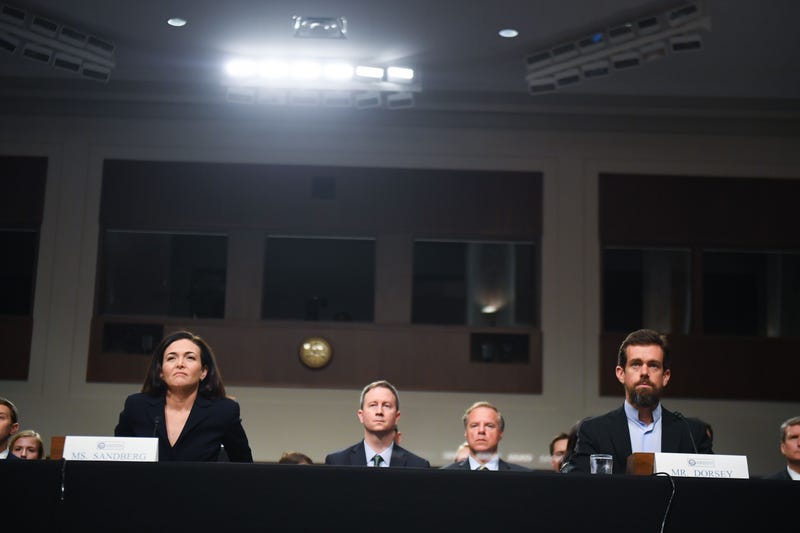
A new study from a trio of international researchers has worrying implications for Facebook and Twitter users, as well as the social-media giants themselves.
University of Cambridge Psychology PhD student Steve Rathje, professor Sander van der Linden and New York University Jay van Bavel published research Tuesday in the journal "Proceedings of the National Academy of Science" that posts mentioning an opposing political side or politician were far likelier to go viral on Facebook and Twitter than those that didn’t.
The study examined over 2.7 million tweets from American news outlets and politicians, grouping the latter by political party and the former by ideological biases as defined by AllSides' "Media Bias Ratings."
Across each of the study's four data sets, including one word mentioning a political "out group" – say, "conservative” for a liberal politician and publication, or vice versa – increased the odds of being shared by 67%.
"In-group" language, negative or positive emotions and moral-emotional language weren’t nearly as strong predictors of virality, according to the authors. Negative emotion and moral-emotional language, in particular, were well-established predictors in prior research.
"To contextualize this large effect, the percent increase in estimated shares associated with out-group language was 4.8 times as big as that of negative affect language and 6.7 times as big as that of moral-emotional language," the authors wrote.
The authors argued that Facebook and Twitter could be culpable because of their respective design choices.
Users are incentivized to create viral content, the authors wrote, whether they’re leading a political campaign or working for a business. In turn, virality drives engagement and, thus, advertising revenue for the platforms themselves.
When the most-shared content expresses animosity toward an "out group," the authors said "social media may be creating perverse incentives" for more of it.
"Content expressing out-group animosity may be good at generating superficial engagement while ultimately harming individuals, political parties, or society in the long-term," they wrote.
Rathje, van der Linden and van Bavel noted in the study that their research is correlational, and more research is required to determine causation. They also noted they examined posts in the years leading up to the 2020 presidential election, and the posts are reflective of the time in which they were written.
But the authors believe the "amplification of divisive posts on social media" could "be playing a role in rising political polarization."
"We are told we need to escape our online echo chambers," van der Linden told the University of Cambridge’s website. "Yet if we do start to follow a diverse range of accounts we encounter waves of negativity about our own social group due to the viral nature of hostile posts."

